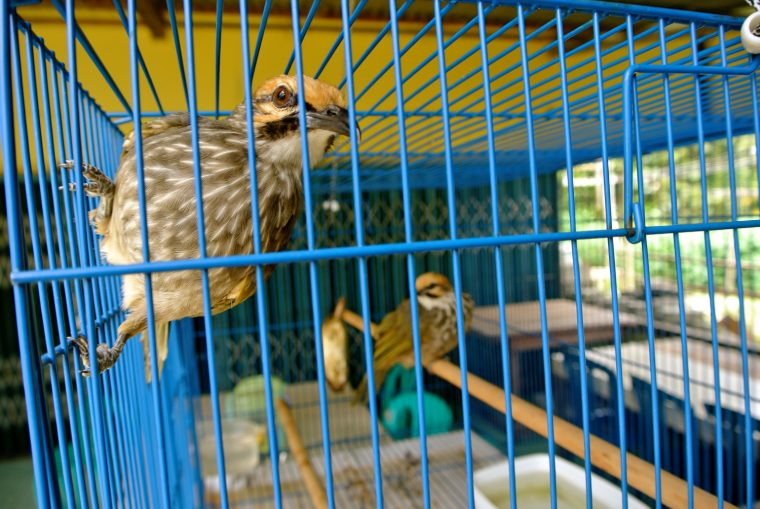
For a city dweller like me, visiting a local park or nature reserve is almost like stepping into another world. For a few hours, I can forget all about traffic and technology and immerse myself in nature.
The moment you walk into a park, the usual sounds of the city fade away, replaced by the buzzing of cicadas, the trickling of a stream… and the songs of birds.
But lately, more and more birds are disappearing from our forests, leaving them eerily silent. Poachers have been growing bolder over the years, and today many of our native species are on the verge of extinction — swallowed up by the illegal wildlife trade networks spreading all across Asia.
All The Big Malaysian Birds Are Going Missing
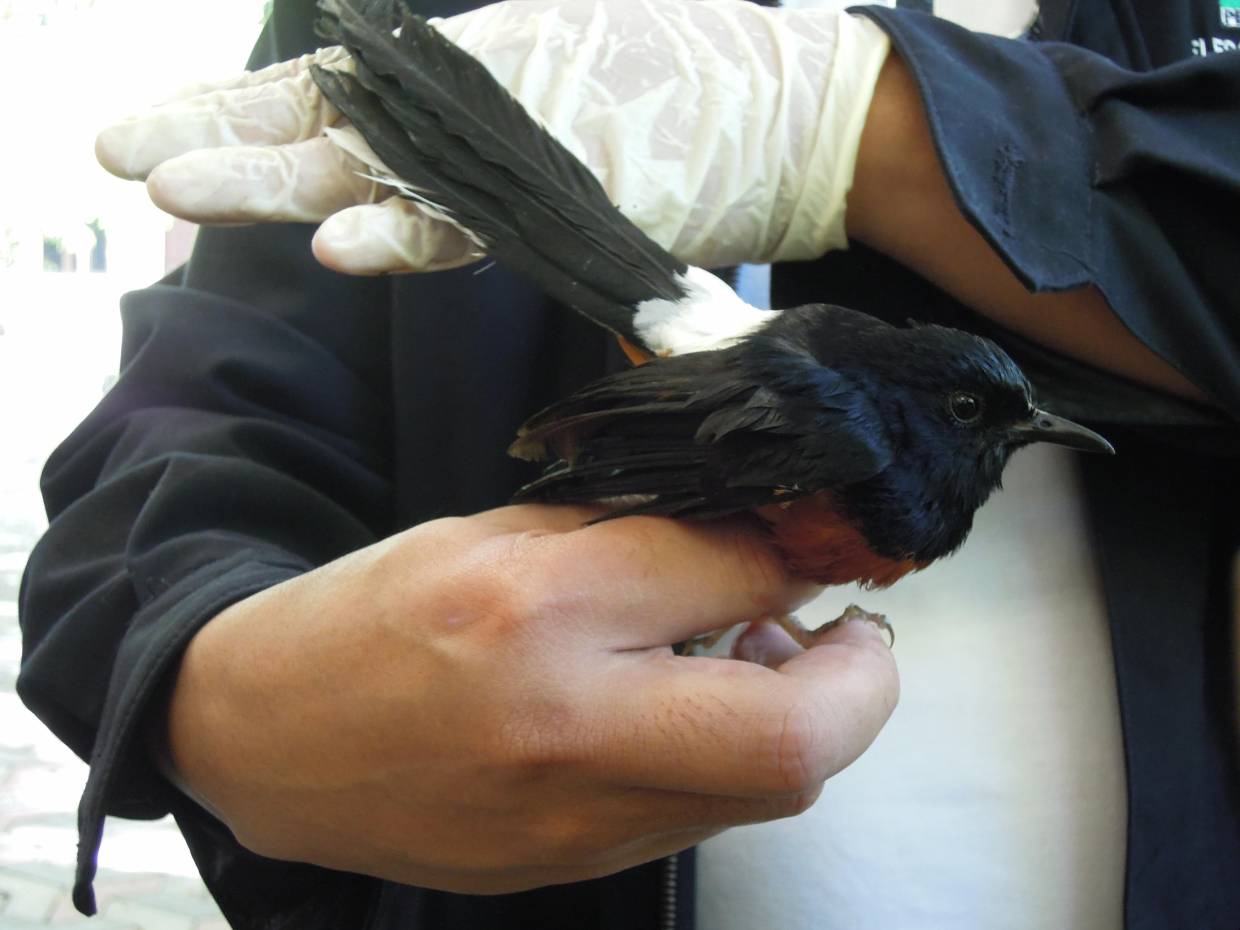
Malaysia is considered to be one of the most megadiverse countries in the world, with more than 15,000 species of vascular plants and 152,000 species of animals. Unfortunately, while this mega diversity is often a source of pride, it has also turned our country into an attractive destination for poachers all over the world.
Whenever someone talks about illegal wildlife traders, most of us immediately think of animals such as tigers or elephants — big, impressive creatures that have been on the endangered list for years. Aside from that, many other animals such as sun bears and pangolins have also been hunted for traditional medicine ingredients.
But they are far from the only animals that are being targeted by poachers. According to TRAFFIC — the wildlife trade monitoring network — Malaysian authorities seized no less than 6,838 White-Rumped Shama (Murai Batu) between the years 2008 and 2018.
Alarmingly, this is only a fraction of the illegally sold birds recorded in key bird markets across Southeast Asia. Between 2014 to 2018, it is estimated that the illegal wildlife trade in Southeast Asia involved more than 86,000 birds.
“The ongoing demand for songbirds in Southeast Asia and local population depletions has led to birds being sourced from further afield: this is no longer just a domestic issue, it has become an international issue of concern,” said Kanitha Krishnasamy, Director for TRAFFIC in Southeast Asia.
Where Are They Taking All These Birds?
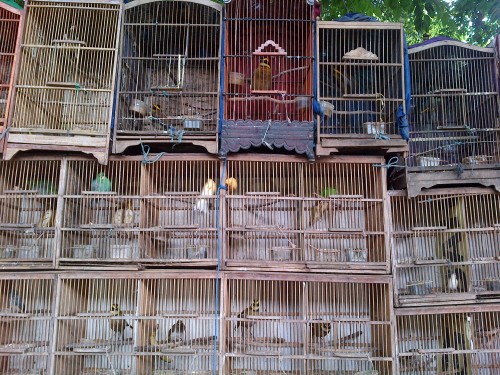
Poachers go after birds for many reasons. Some of them are trapped for meat and feathers, but the biggest demand actually comes from the pet industry — especially in Indonesia.
Bird keeping is an extremely popular activity in Indonesia, and it is believed that around 21.8% of Indonesian households own birds of some kind. In 2005, a survey estimated that there were at least 2.6 million birds kept in just five cities.
For Indonesian bird-keepers, songbirds aren’t just a pet. They’re a status symbol — one that could be worth a fortune.
Songbird competitions are very popular in Indonesia. These are big contests where birds are judged on their singing abilities, loudness, variety of songs and other criteria.
In this sort of setting, a prize-winning songbird could be worth its weight in gold; in 2018, President Joko Widodo is said to have offered a bird-keeper more than US$40,000 for his champion bird.
Give Us Back Our Birds
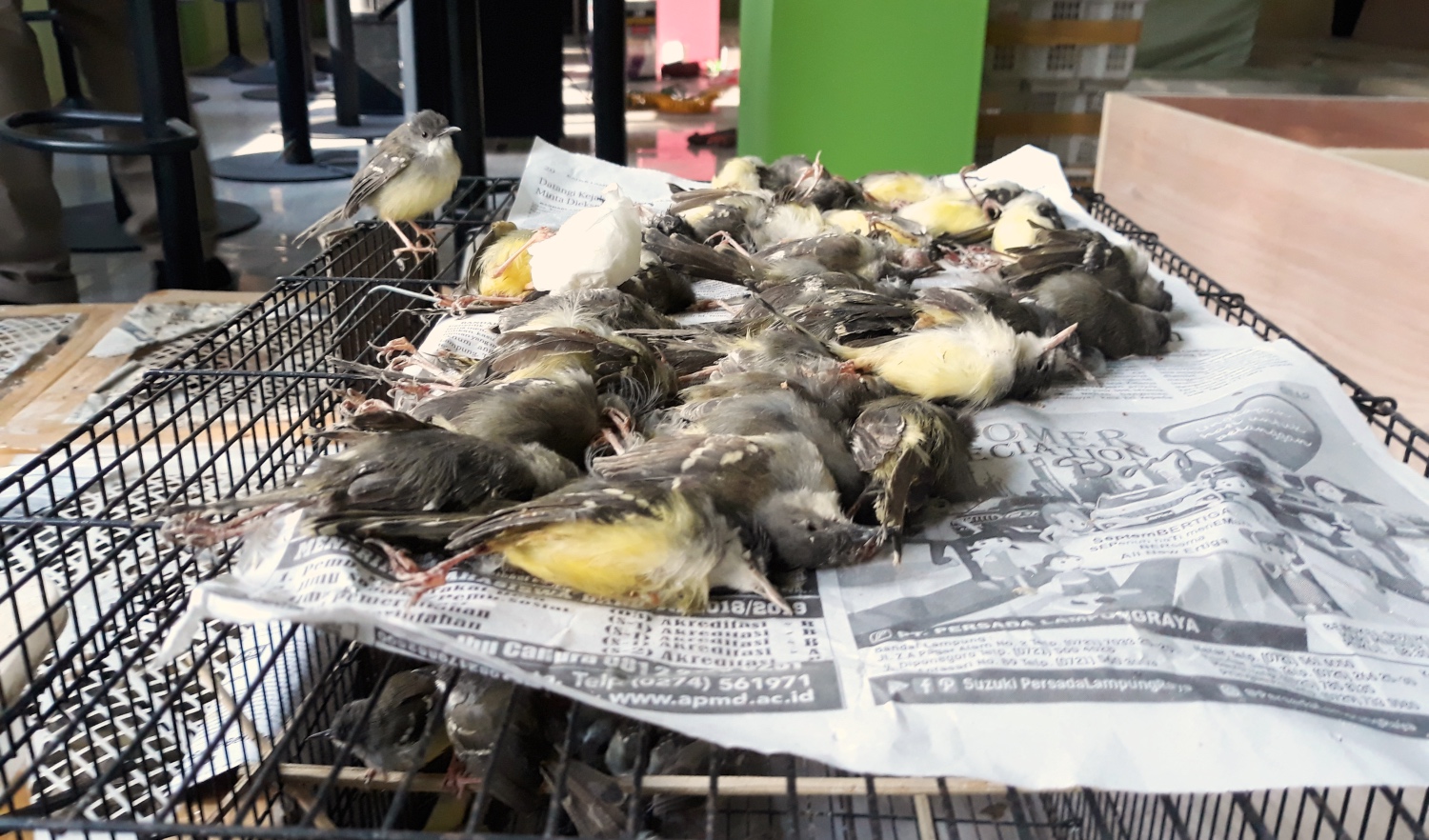
The big problem is that everyone wants in on the songbird competition business, even when there aren’t enough domesticated birds to go around.
While there are legal, captive-bred birds available, many bird dealers prefer selling wild-caught birds instead. Part of it is because of the prestige — a wild-caught bird can be sold for a much higher price compared to a domestic bird.
Aside from that, there is a common superstition that wild songbirds sing better than captive-born ones. On the island of Java, it is said that there are more songbirds in cages than in the wild.
Thanks to this demand, popular songbirds such as the Straw-Headed Bulbul, White-Rumped Shama and Oriental White-Eye have been hunted to the point of extinction in Indonesia. As a result, over the past few years, bird poachers have begun hunting in Malaysia instead.
Despite government crackdowns, the number of captured birds have been steadily increasing. The single biggest seizure operation happened in July 2017, when a boat traveling from Malaysia to Indonesia was found to contain over 4,200 smuggled White-Rumped Shamas.
“The numerous confiscations we have made this past decade is a testament to this worrying problem,” reported Dato’ Abdul Kadir bin Abu Hashim, Director-General of the Department of Wildlife and National Parks, Peninsular Malaysia (PERHILITAN).
“The Department is doing its best to dismantle illegal trade including enhancing border checks and ensuring better efforts to regulate domestic and international trade.”
PERHILITAN has imposed higher penalties under Act 716 (Wildlife Conservation Act) and quotas at the state level to curb overhunting of these protected birds.
Empty Forest Syndrome
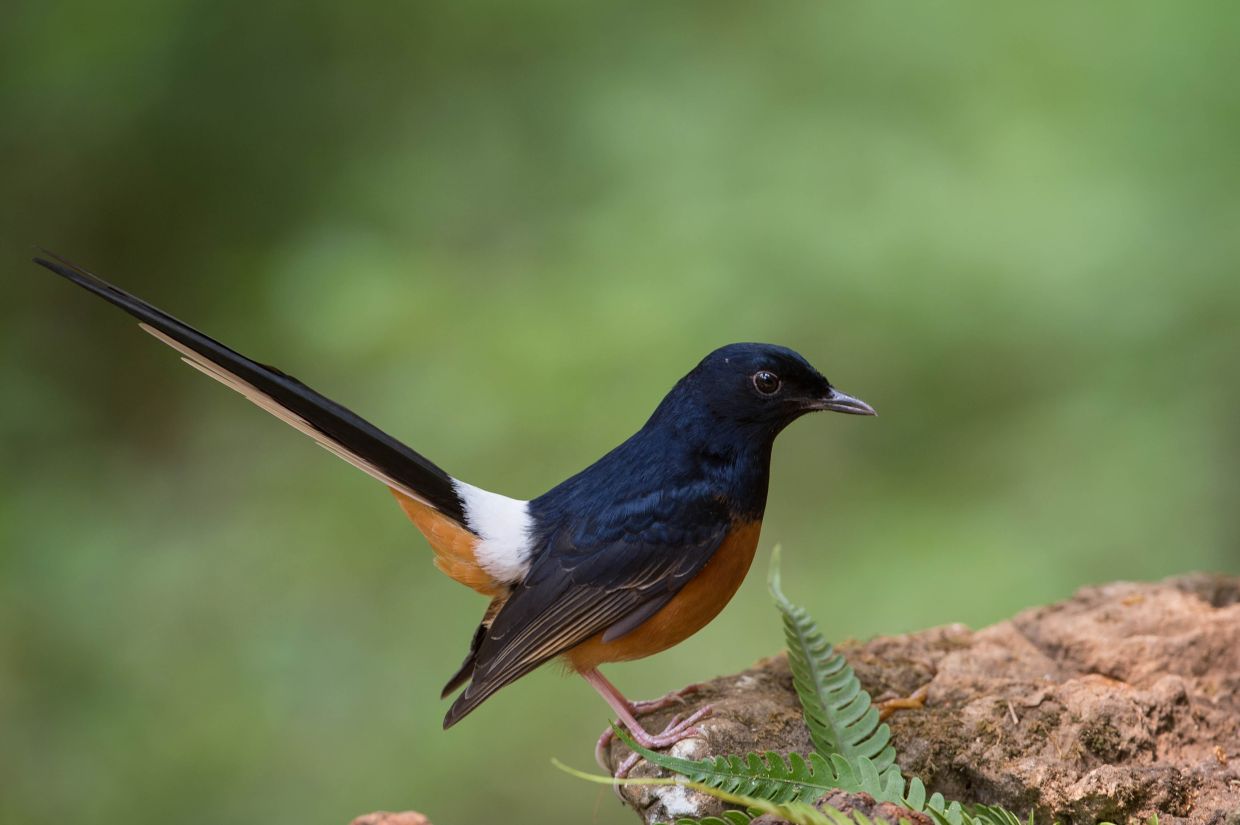
Unfortunately for Malaysians, our songbirds are being hunted at an alarming rate. And they’re not the only ones either.
The illegal wildlife trade has gotten so big that it’s created a phenomenon known as the “empty forest syndrome”. This is almost like the opposite of deforestation; when the trees are left standing, but all the wildlife has been hunted out of the area.
It’s a pretty chilling experience. Imagine walking into a forest and hearing… nothing. Nothing at all.
“The implications of all this loss of ecosystem function are still not fully understood,” said Elizabeth Bennett of the Wildlife Conservation Society (WCS). “Many studies show that tropical forests that are depleted of large vertebrates experience reduced seed dispersal, altered patterns of tree recruitment and shifts in the relative abundances of species.”
Don’t Let Them Take Away Our Birds
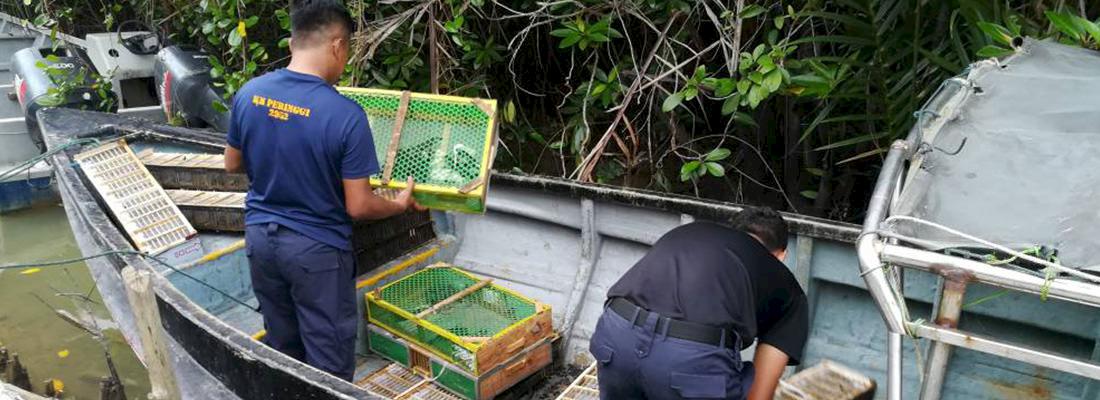
To protect our environment, it is important for each and every one of us to do our part. If you’re an animal lover, you need to make sure that all your furry, feathery or scaly friends are legally sourced.
Before you think of buying an exotic pet, check to see if the pet shop you chose is licenced by the Department of Wildlife and National Parks (DWNP). Aside from that, you can also check out the official list of protected species to confirm that your new pet hasn’t been caught illegally.
If you suspect that a protected species is being illegally traded, you can contact PERHILITAN’s hotline and make a report at 1800-88-5151.
If these poachers are allowed to roam free, we Malaysians will be the ones paying the price. If we do not act to preserve our forests as well as the animals that live within them, the next generations may never have the chance to hear a songbird sing in the wild again.








